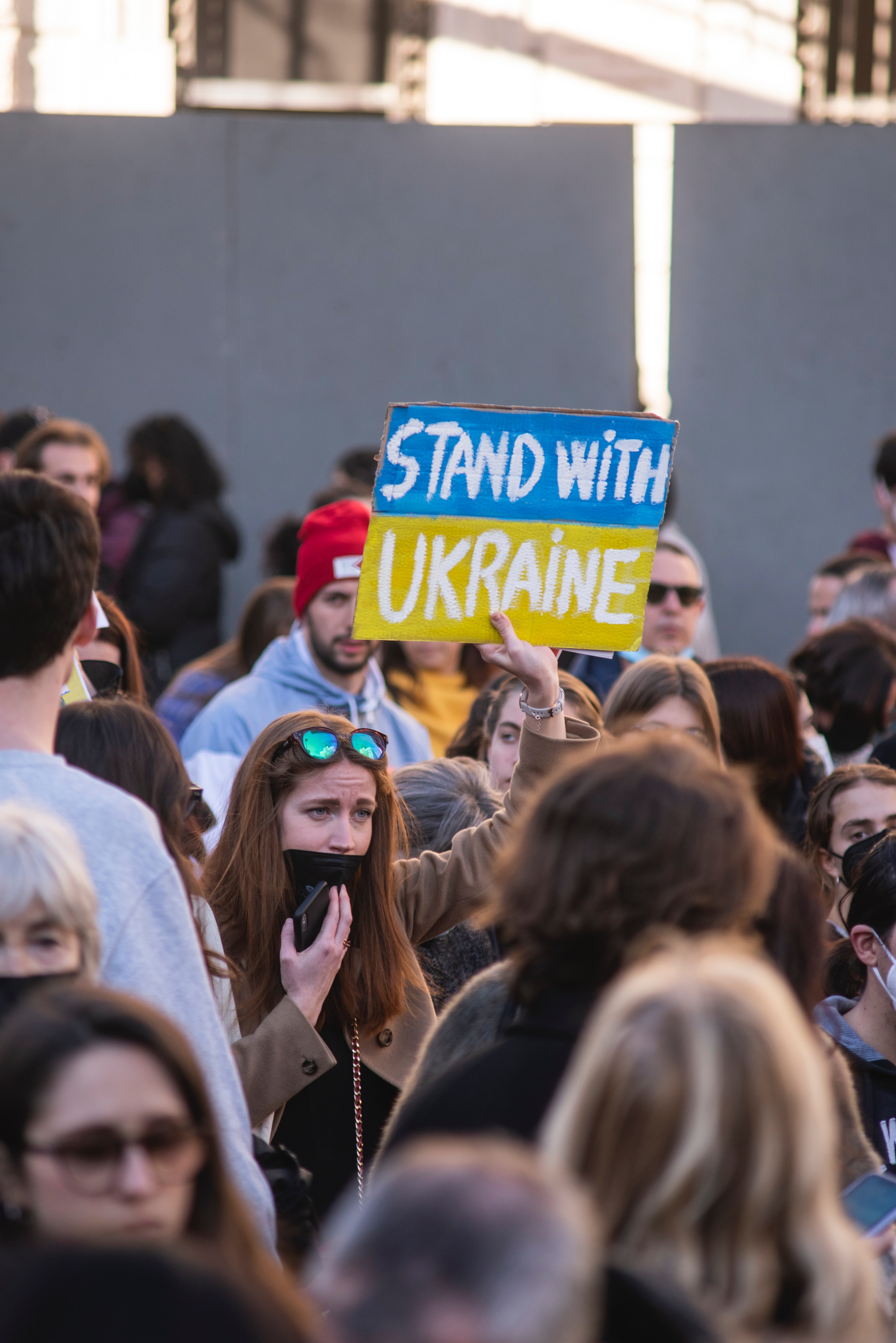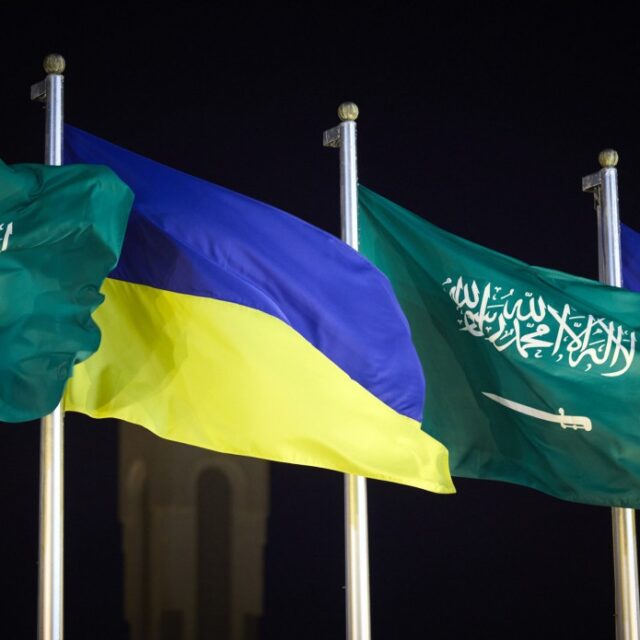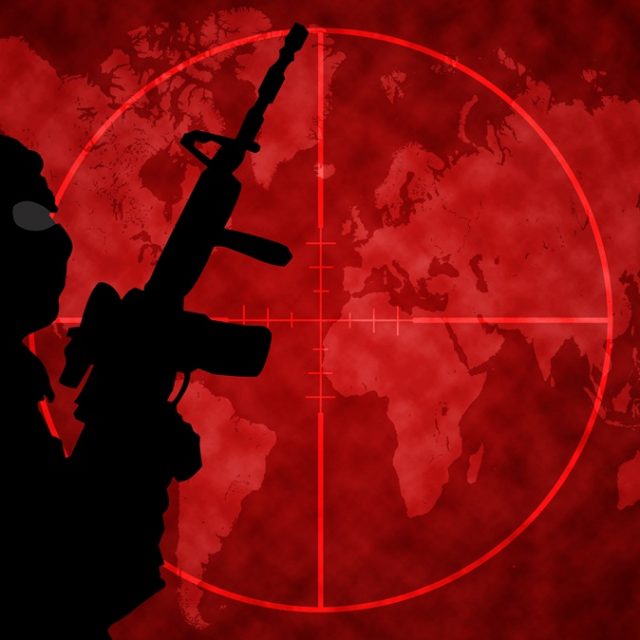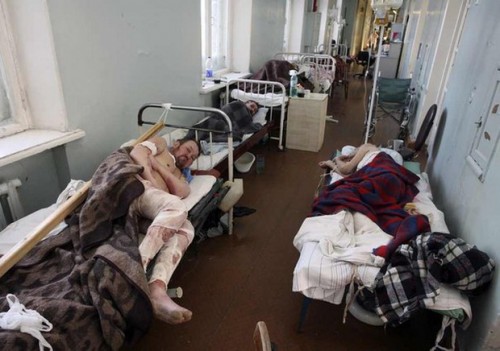Photo by Edoardo Ceriani on Unsplash
Putin has consistently prepared for war with the West, which he considers a response to Russia’s “historic humiliation” – the collapse of the USSR. After the end of the Second Chechen War, Russia immediately began to accumulate military resources for territorial expansion in the post-Soviet space, no country within which the Kremlin regards as an equal partner. The invasion of Georgia and then Ukraine by Russian troops confirmed this. On 24 February 2022, Putin began an era of territorial expansion that he wants to make a “right of the strong”. This is an unprecedented threat to Western civilisation, above all to the EU and NATO countries bordering Russia. The latter, in light of the current circumstances, must adapt to the threats posed by the Kremlin and build a credible security system, a key element of which should be Ukraine’s membership in the Alliance.
On 11 May, the Polish Senate approved Ukraine’s fast-track accession to NATO – Sweden, and Finland had previously carried out a similar accession procedure. The countries close to Russia have historically been repeatedly subjected to aggression by Russia, and some of them have long been under de facto Russian occupation. Putin has proven that even in the 21st century Russia is capable of waging wars of aggression, ravaging entire cities, murdering civilians, and deporting them to Siberia. This is the reality of the Russian world and the only possible form of the continued existence of Putin’s Russia, manifesting an external enemy in the form of a united West and Ukraine which it seeks to destroy.
Ukraine has become Europe’s shield against Russian aggression. The Ukrainian Armed Forces are de facto Europe’s most combat-ready army, defending their country against the encroachments of an asymmetrically strong adversary. If Putin succeeds in Ukraine, it is only a matter of time before he invades Europe. No one believed a Russian invasion of Ukraine was possible, but now the world is witnessing the bloodiest war in Europe since 1945. If Putin is not stopped on Europe’s eastern borders, he will simply erase those borders.
In this context, the NATO summit in Vilnius in July this year should not just once again demonstrate to Ukraine the “open door principle”, but also take concrete steps to enhance its own security, possible only in case of accelerated accession of Ukraine to the Alliance. The set of risks and threats posed by Putin’s Russia is unprecedented in NATO’s history. Ukraine must become an indestructible fortress on its eastern flank – the only way to secure Europe from Russian invasion.




